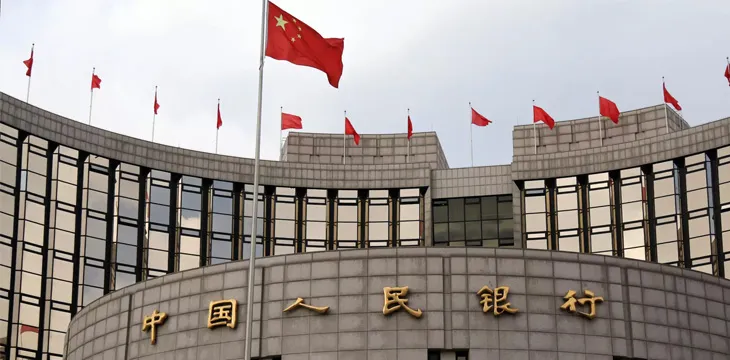|
Getting your Trinity Audio player ready...
|
China’s government agencies are opening up more and more projects in their bid to be at the forefront of the industry.
Check fraud remains a big problem all over the world. In fact, JP Morgan says that their survey has found that 75% of organizations experienced check fraud in 2016, adding that “new technology is providing fraudsters with an expanding set of tools to commit fraud—particularly with checks—and is also enabling them to develop new forms of fraud, such as business email compromise (BEC) scams,” they wrote in their survey.
China’s central bank, the People’s Bank of China (PBoC) has announced that they have finished the development of a blockchain system that would digitize checks through smart contracts. The project hopes to help curb instances of fake checks and fraud.
Di Gang, the deputy head of the digital currency research lab at the People’s Bank of China, told the media that the PBoC has “completed the infrastructure of a system that issues digital checks based on a blockchain with smart contracts technology.”
“Once the smart contract rules are set in the blockchain, any participant cannot alter the system easily,” Di said. “Even for code updates, regulators will have full access to the record, which increases regulatory efficiency and reduces the cost by removing a manual cross-checking process for transactions.”
China has been taking blockchain technology quite seriously and has been aggressively developing projects to ensure their place as a frontrunner in the emerging industry. China’s central bank alone has been working on quite a few blockchain research projects, including a national cryptocurrency.
Other government agencies are also on the move: just last week, the Hangzhou Blockchain Industrial Park announced that they are offering millions of dollars to attract start-ups and scholars. Shenzhen recently tapped Tencent to help them fight tax fraud.
President Xi Jinping also endorsed blockchain technology last week—for the first time ever in public, solidifying the country’s full-on support of the tech.
“The new generation of information technology represented by artificial intelligence, quantum information, mobile communication, internet of things, and blockchain accelerate the breakthrough in application and bred new life science fields represented by synthetic biology, gene editing, brain science, and regenerative medicine,” Xi said.

 08-26-2025
08-26-2025 




